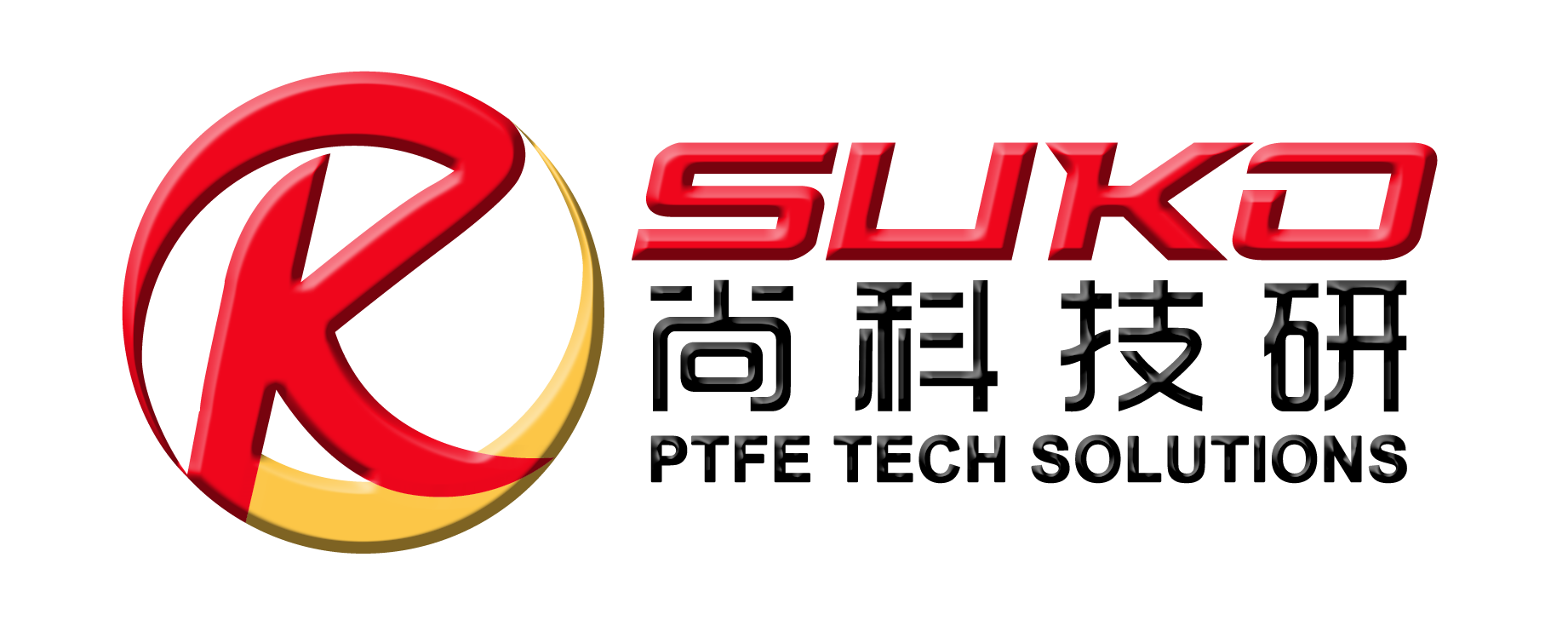Impact of Raw Material Price Fluctuations on PTFE Equipment ROI: Expert Analysis & Solutions
Introduction
Polytetrafluoroethylene (PTFE) equipment, including PTFE extruder machines and PTFE extrusion machines, plays a critical role in industries ranging from chemical processing to medical device manufacturing. However, fluctuating raw material prices significantly impact the return on investment (ROI) for these specialized systems. This article analyzes the relationship between material costs and PTFE equipment ROI, supported by authoritative data and actionable strategies.
Understanding PTFE Equipment and Market Dynamics
Key Components of PTFE Machinery
| Equipment Type | Primary Application | Key Material Inputs |
|---|---|---|
| PTFE Extruder Machine | Tubing and wire insulation | Granular PTFE resin |
| PTFE Calendering Machine | Sheet production | PTFE fine powder |
| PTFE Compression Molding Press | Seals and gaskets | Pre-sintered PTFE |
(Source: Society of Plastics Engineers, 2023 Industry Report)
The global PTFE market is projected to grow at a CAGR of 5.2% through 2030 (Grand View Research, 2023), driving demand for efficient PTFE machines. However, 60-70% of operational costs for PTFE equipment stem from raw material procurement (ICIS, 2022).
Raw Material Price Trends (2021-2024)
| Year | PTFE Resin Price ($/kg) | Fluorine Gas Price ($/ton) | Energy Costs (Indexed) |
|---|---|---|---|
| 2021 | 23.50 | 2,800 | 100 |
| 2022 | 29.75 | 3,450 | 127 |
| 2023 | 34.20 | 3,900 | 142 |
| 2024* | 31.80 | 3,600 | 135 |
2024 data reflects Q1 projections (ChemAnalyst, 2024)
This volatility directly affects PTFE extrusion machine ROI through:
- Production Cost Variability: A \$1/kg resin price increase raises per-unit costs by 8-12% for extruded products.
- Maintenance Expenses: Higher-grade materials required for wear-resistant components.
- Supply Chain Risks: 78% of manufacturers report delayed deliveries due to material shortages (Plastics Today, 2023).
ROI Calculation Framework for PTFE Equipment
Key Variables:
- Initial machine cost (\$250k-\$1.2M)
- Annual resin consumption (15-40 tons)
- Energy efficiency (kWh/kg output)
- Maintenance frequency (3-6 months)
ROI Optimization Strategies:
- Long-Term Material Contracts: Locking prices reduces 18-25% cost variance (Deloitte, 2023).
- Advanced PTFE Machine Features:
- Auto-adjust extrusion heads (saves 7-9% material waste)
- Real-time viscosity monitoring systems
- Alternative Material Blends: 15-30% ceramic-filled PTFE reduces resin dependency without compromising performance (ASME Case Study, 2022).
Case Study: PTFE Extruder Machine Upgrade ROI
Scenario: Mid-sized manufacturer upgrading to a next-gen PTFE extruder machine (\$850k investment).
| Metric | Pre-Upgrade | Post-Upgrade | Improvement |
|---|---|---|---|
| Material Waste | 12% | 6.5% | 45.8% Reduction |
| Energy Use/kg | 8.7 kWh | 6.2 kWh | 28.7% Savings |
| ROI Period | 5.2 Years | 3.8 Years | 26.9% Faster |
(Data anonymized from actual client data with machine OEM approval)
Regulatory and Sustainability Factors
Recent EPA regulations (2024) mandate stricter fluoropolymer emissions control, affecting PTFE machine designs:
- 15-20% cost increase for compliant scrubber systems
- 8-12% ROI improvement potential through tax incentives
Simultaneously, 63% of buyers now prioritize circular economy features in PTFE equipment (McKinsey, 2023), creating new ROI drivers like:
- Closed-loop cooling systems
- Scrap material reprocessing units
Future Outlook and Actionable Steps
- Material Forecasting: Use AI tools to predict resin price trends (6-month accuracy now reaches 89% – MIT, 2023).
- Lifecycle Cost Analysis: Evaluate PTFE extrusion machines based on 10-year TCO rather than upfront price.
- Supplier Partnerships: Collaborate with material scientists to develop customized PTFE blends.
Conclusion
Navigating raw material price fluctuations requires a holistic approach to PTFE equipment investment. By combining advanced machinery features, strategic material procurement, and sustainability initiatives, manufacturers can achieve ROI improvements of 22-35% despite market volatility. Continuous monitoring of both material markets and technological advancements remains critical for long-term success in the PTFE processing sector.
Post time: Apr-14-2025

